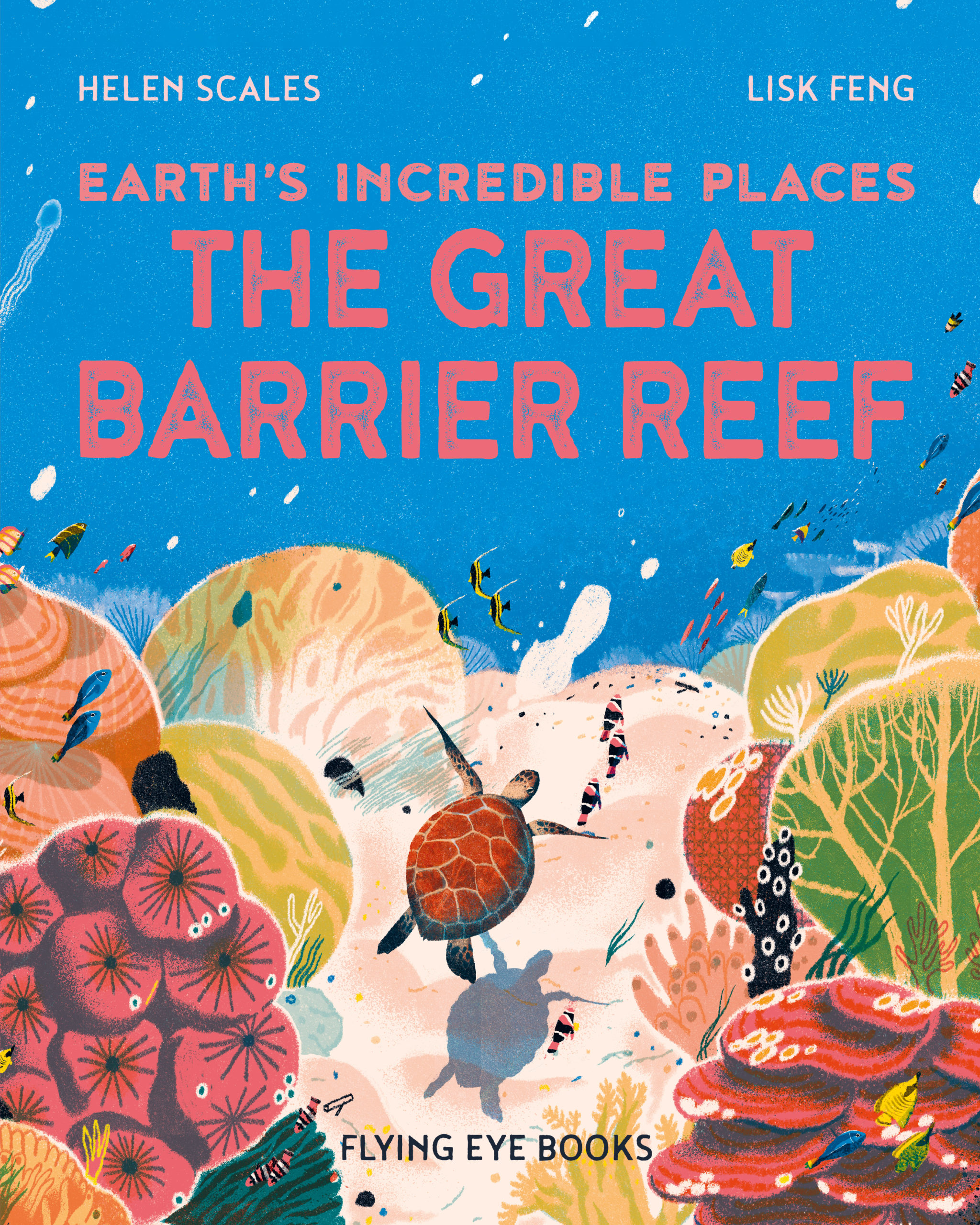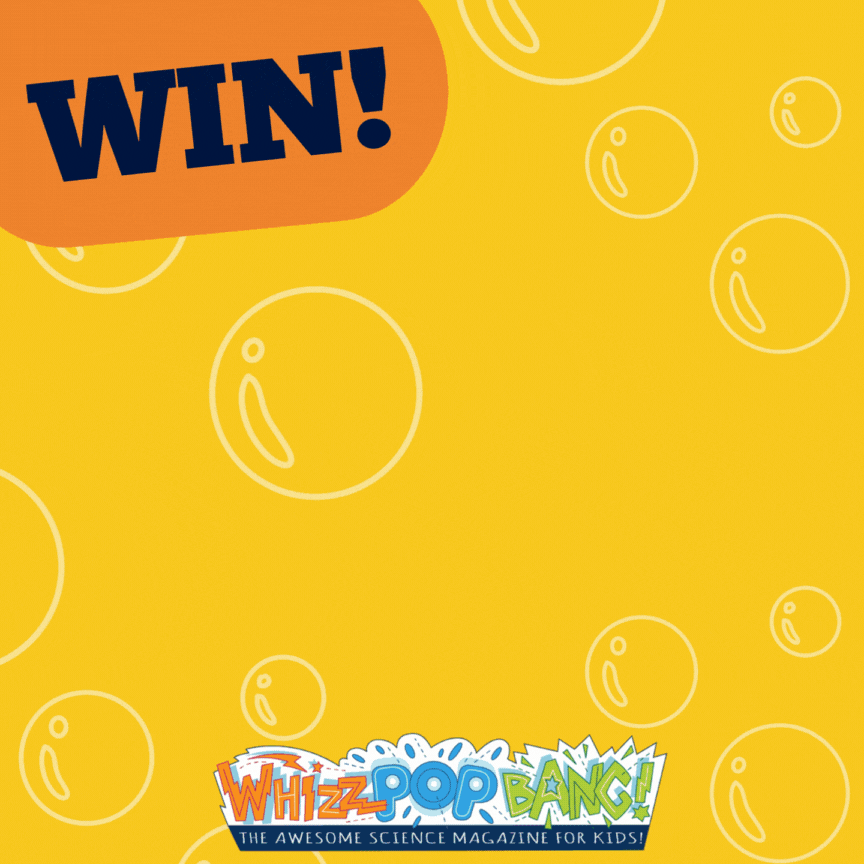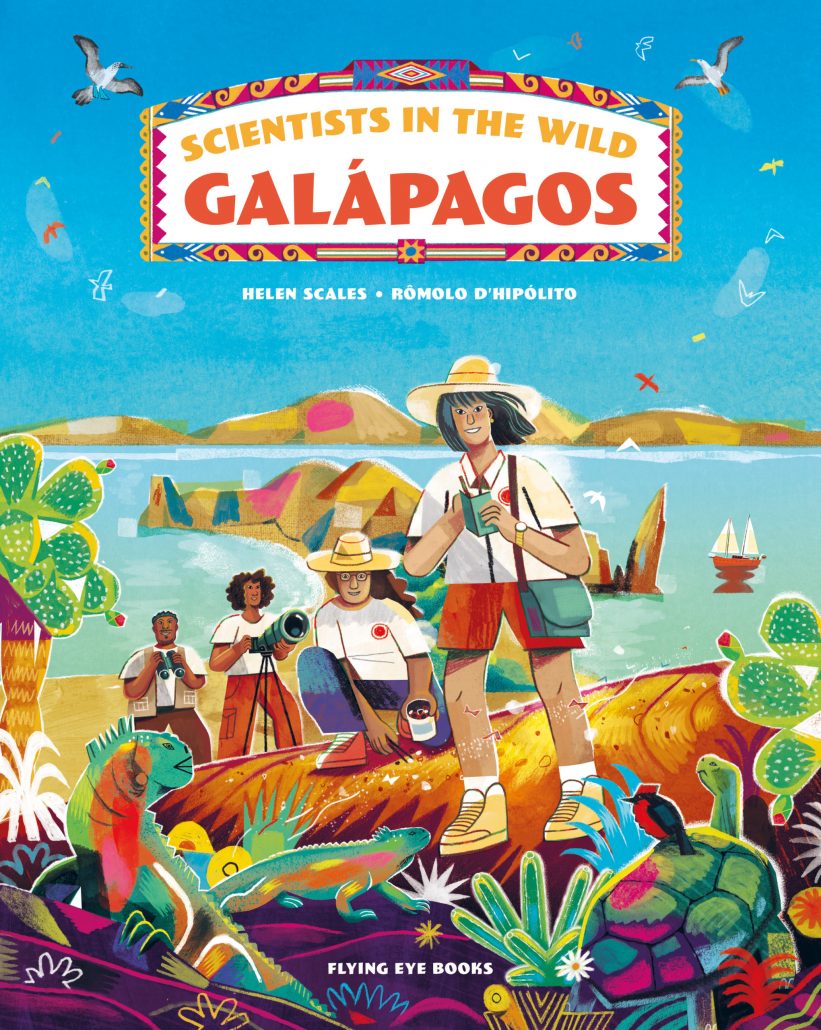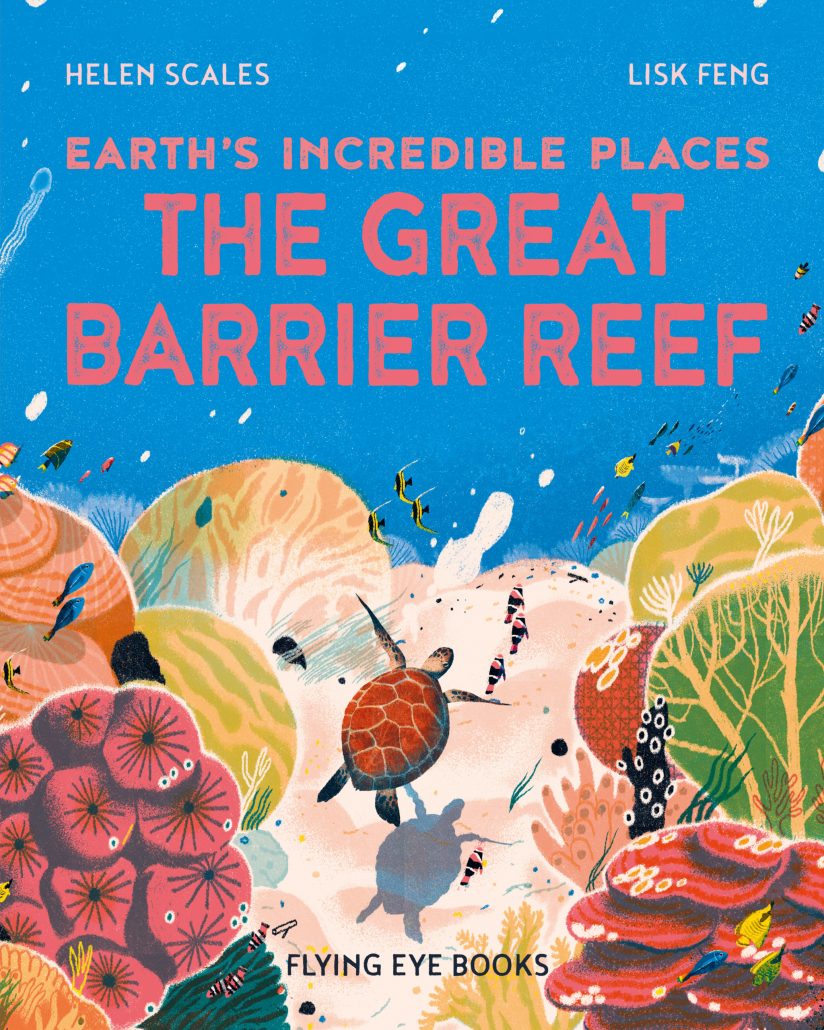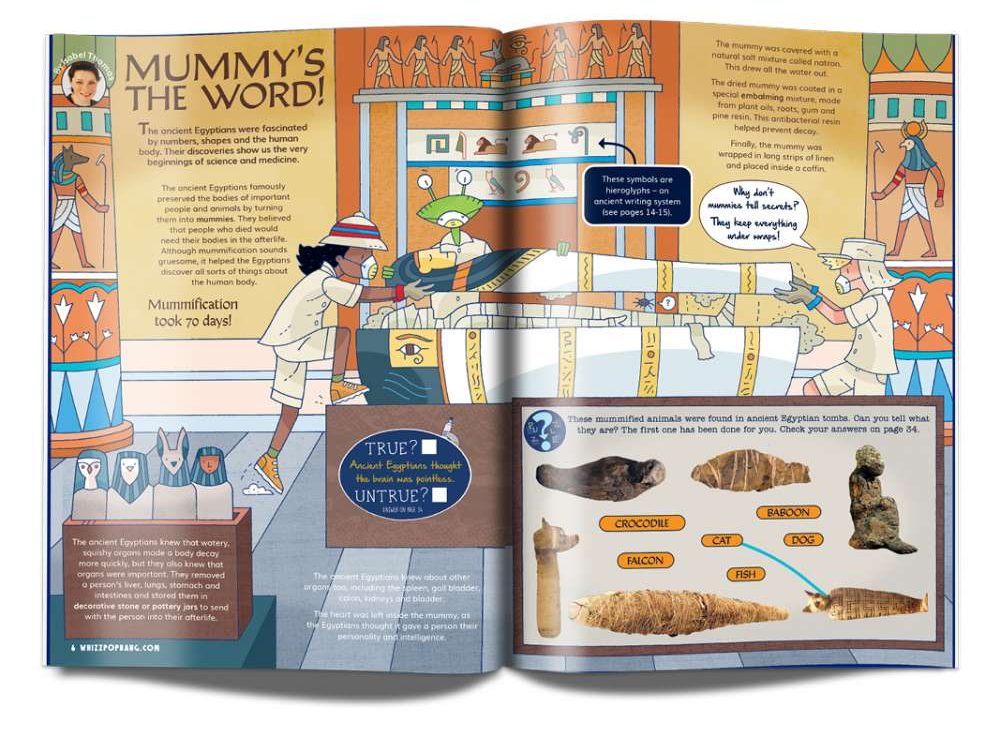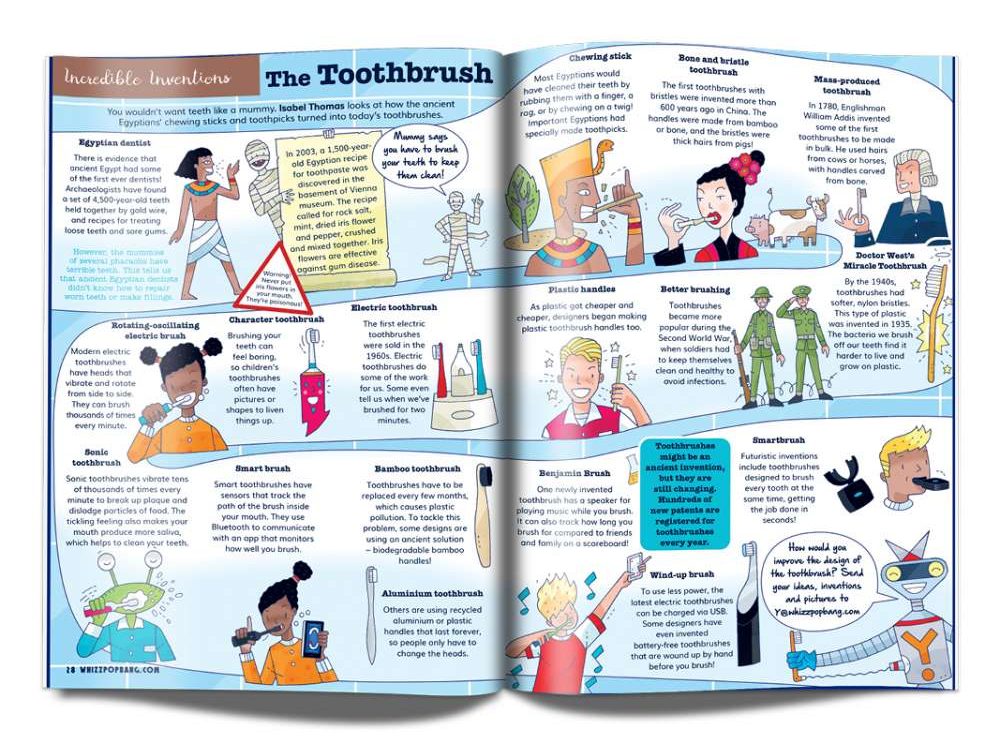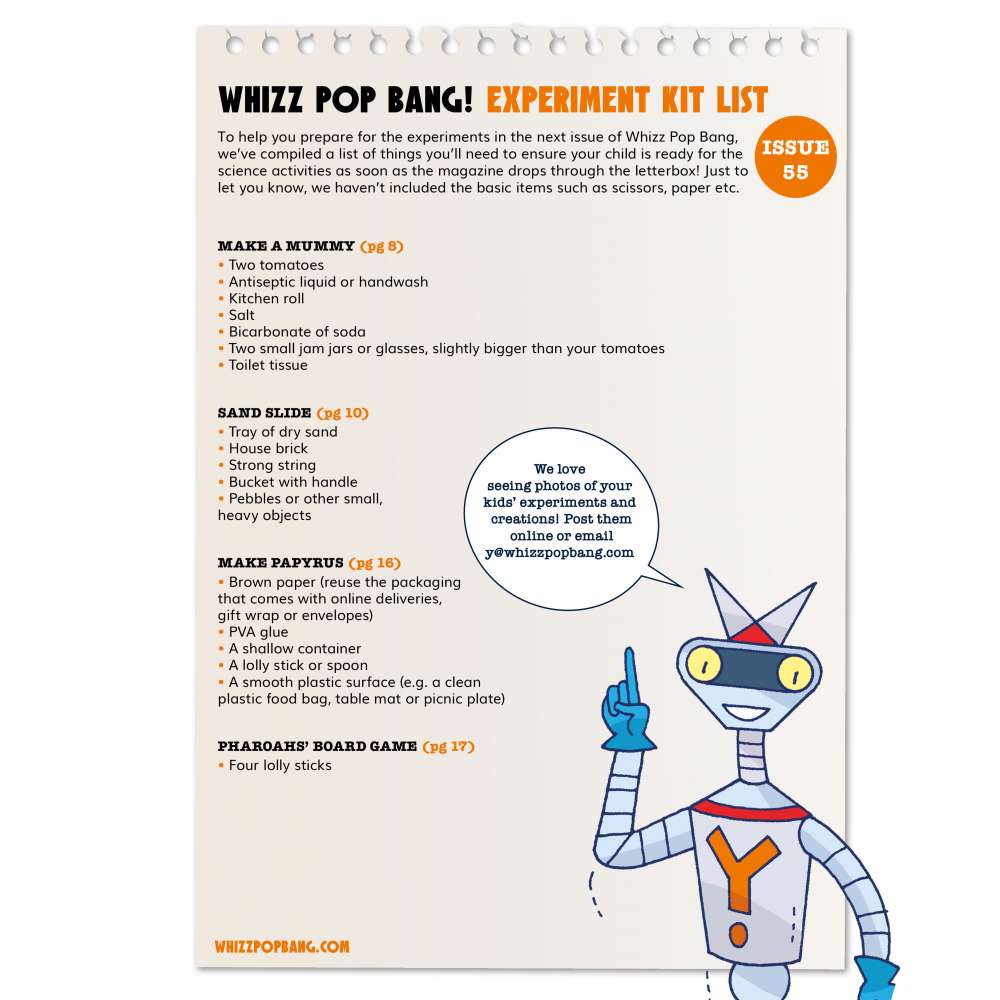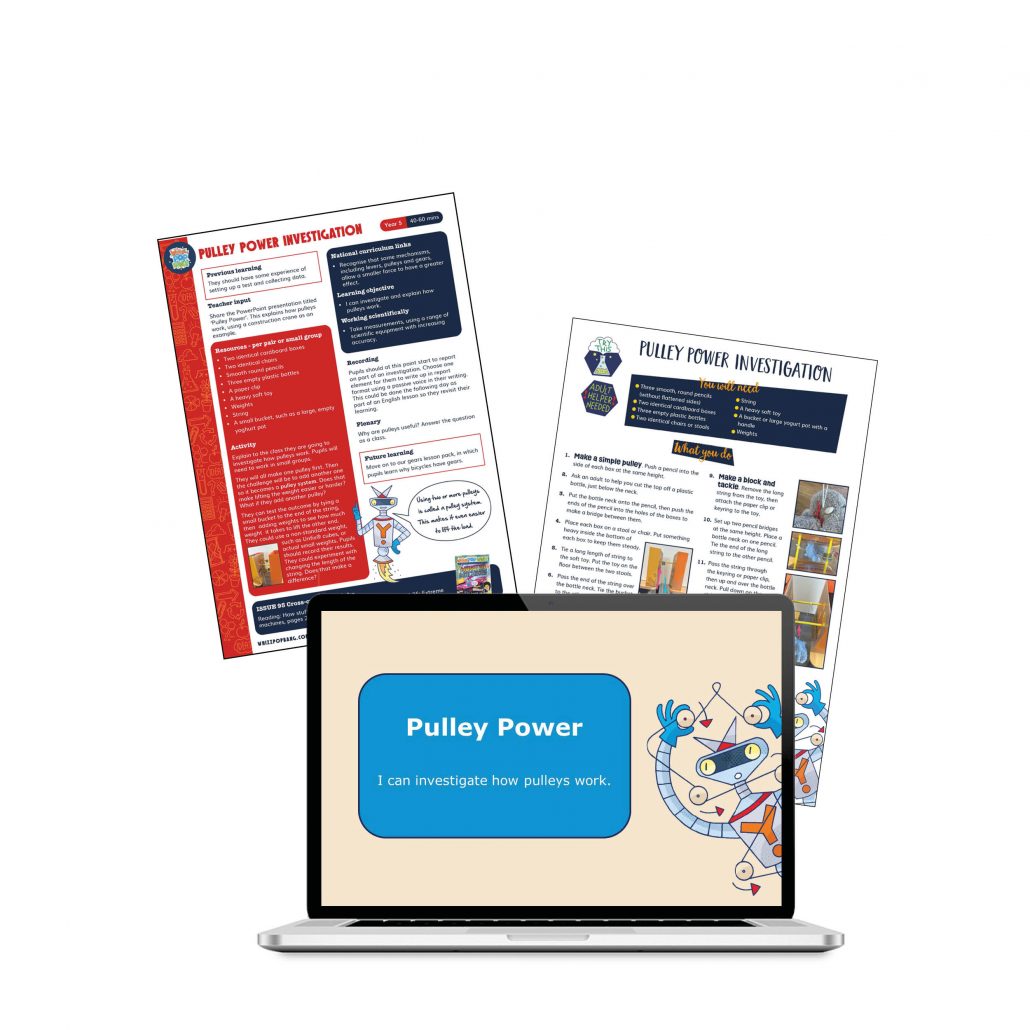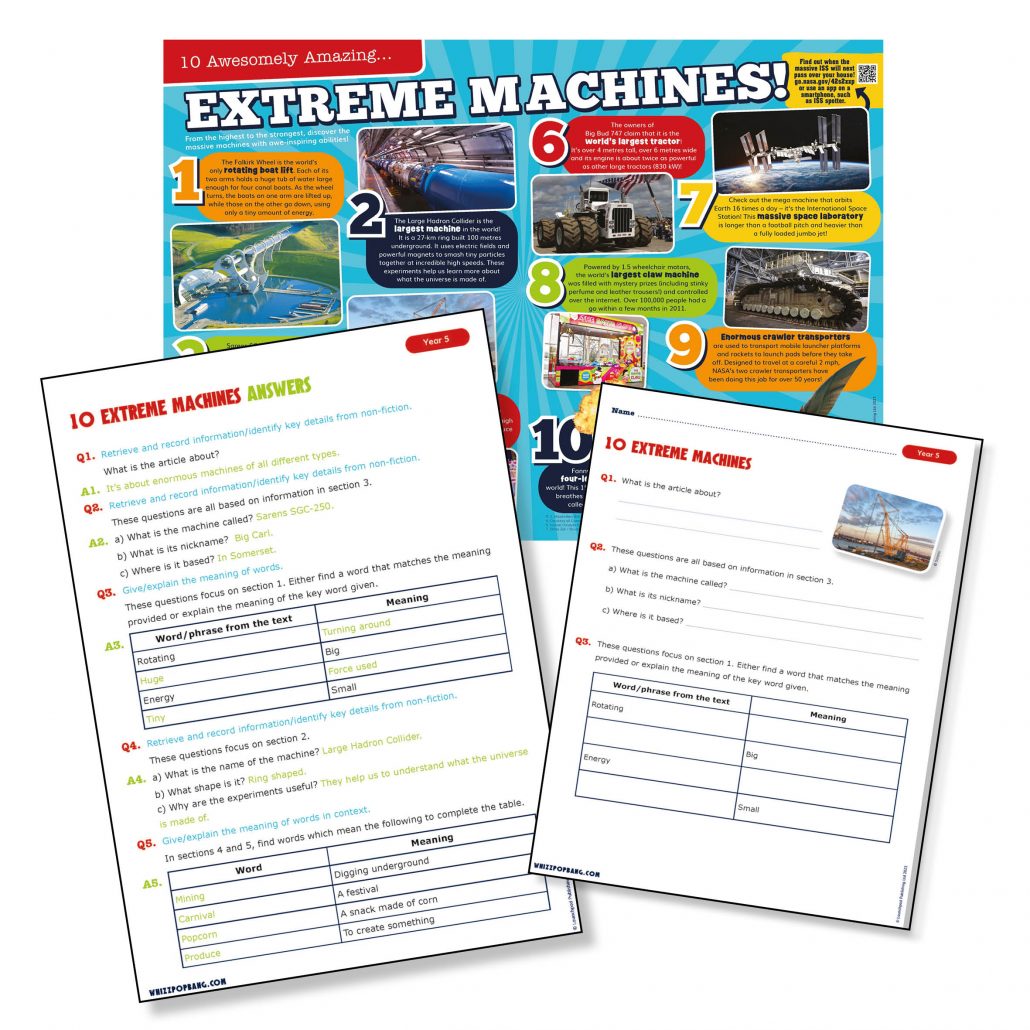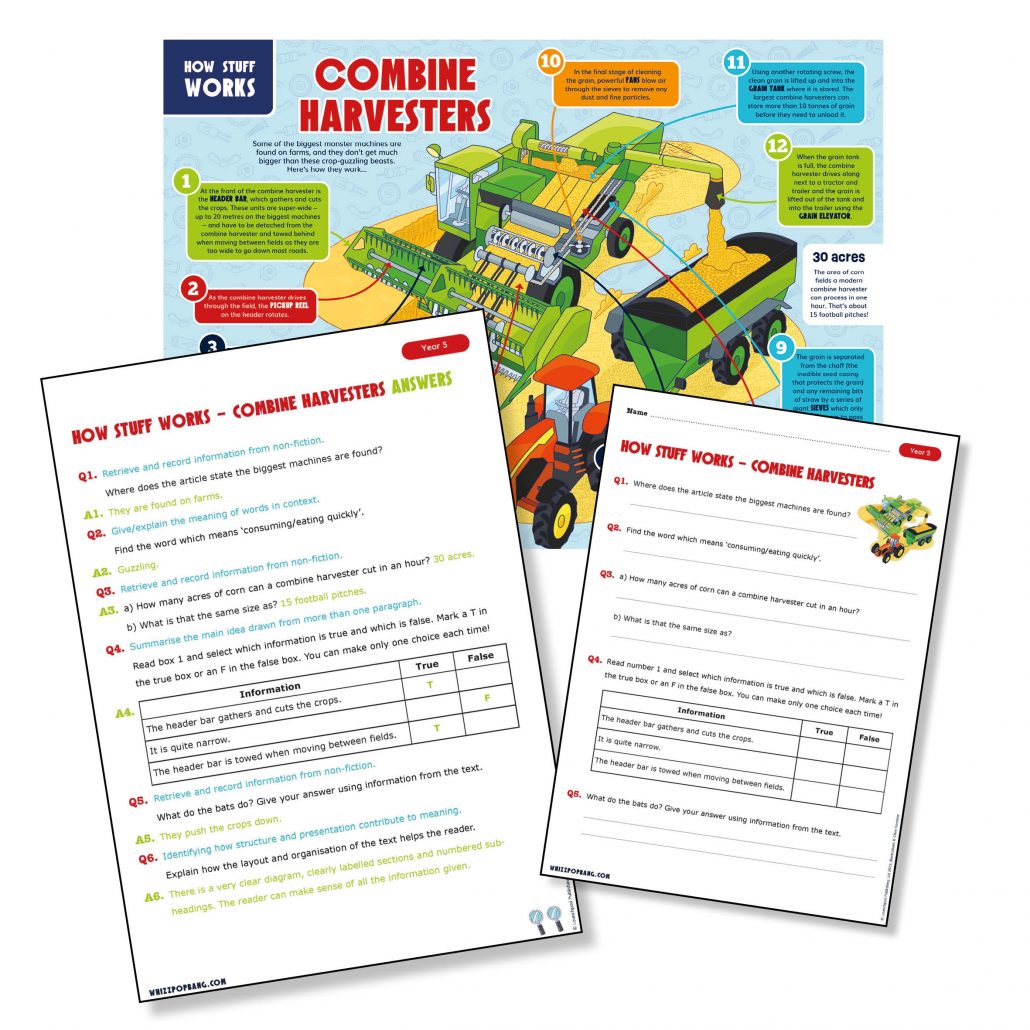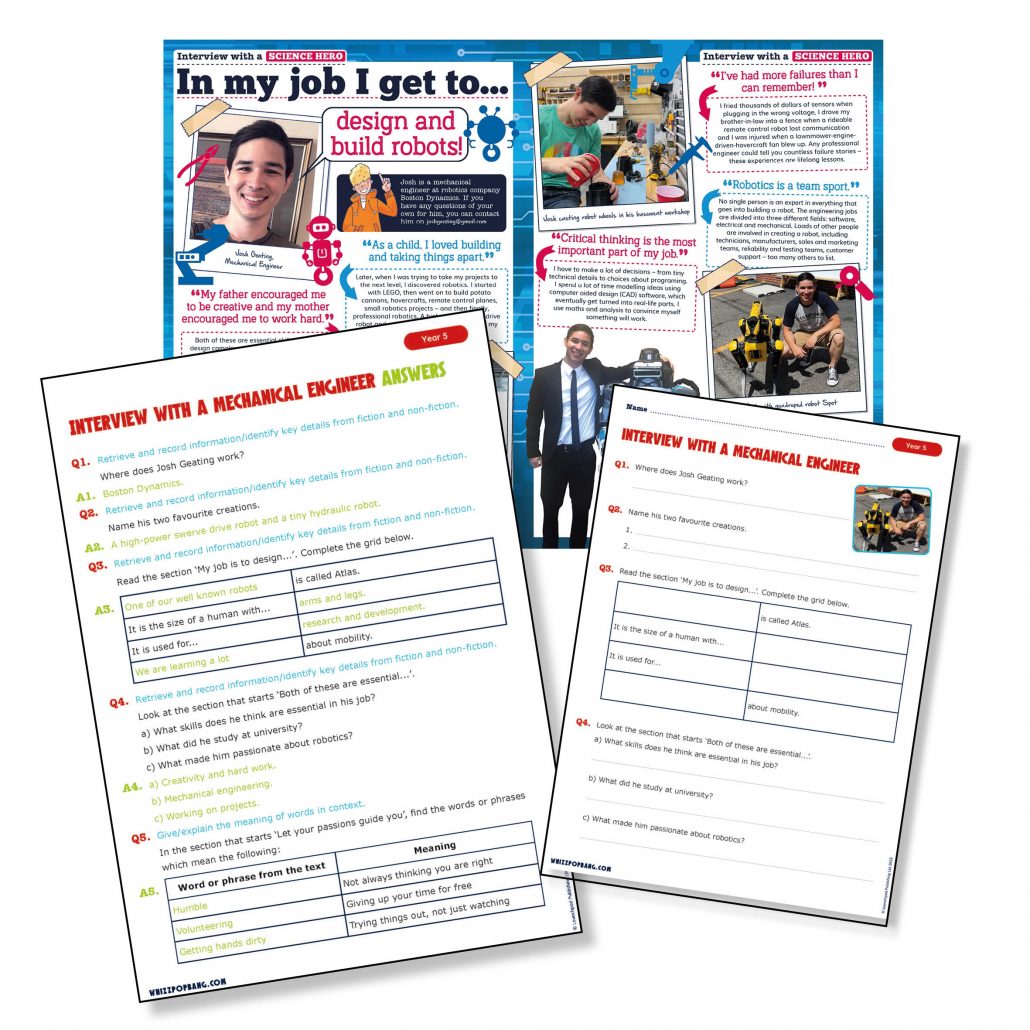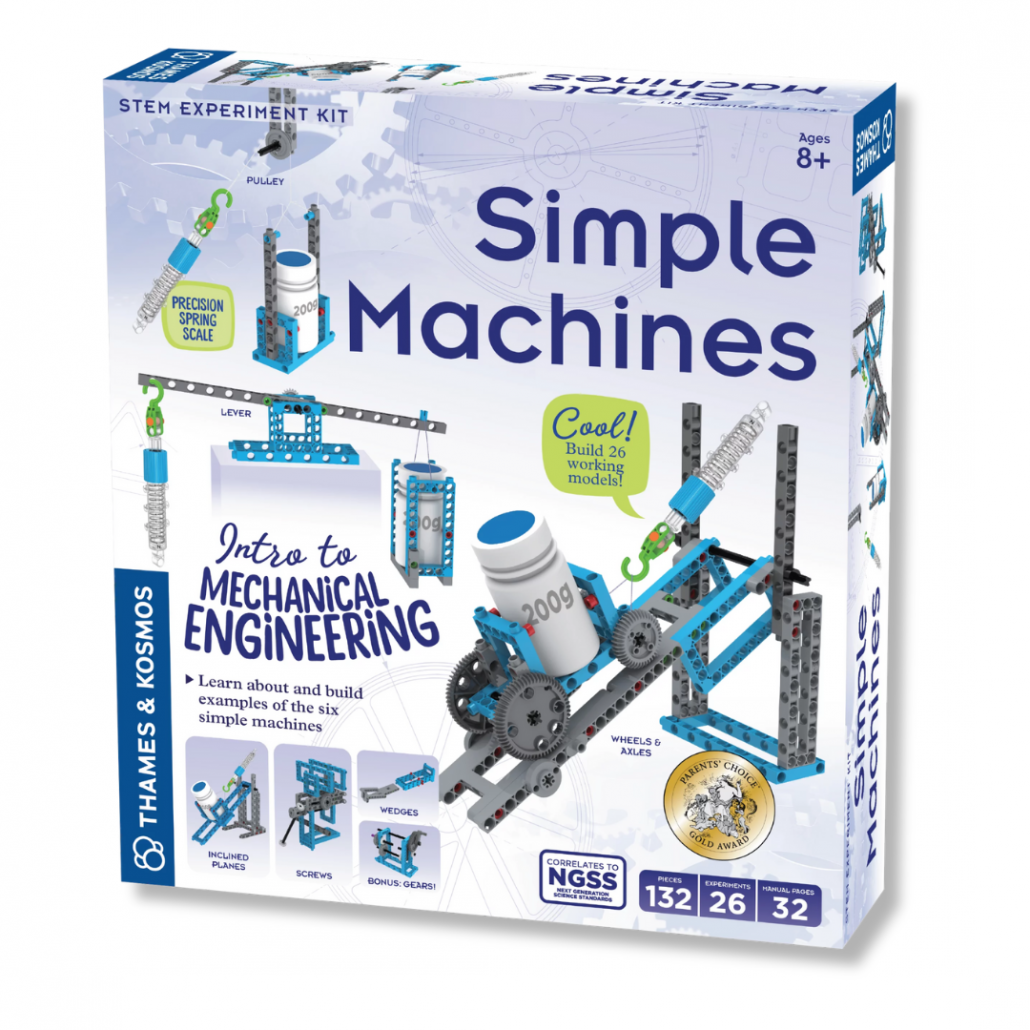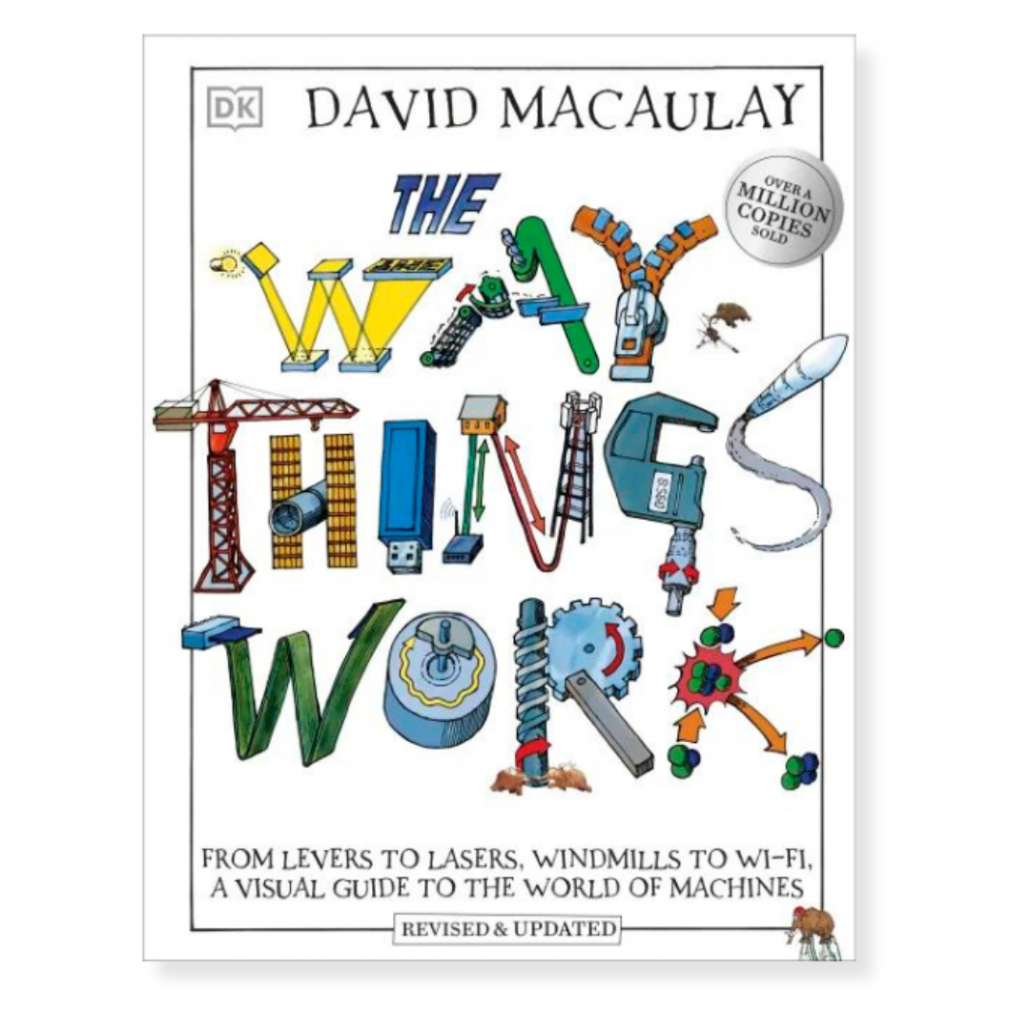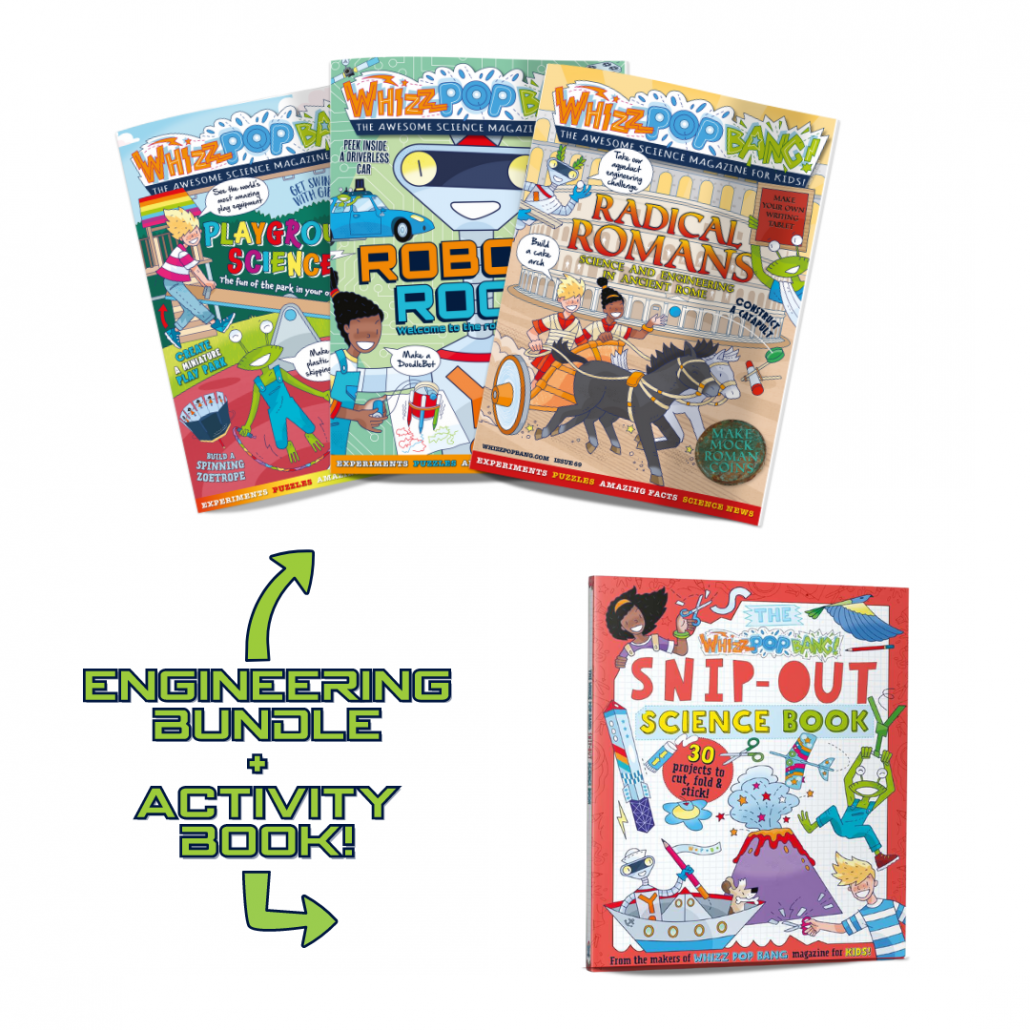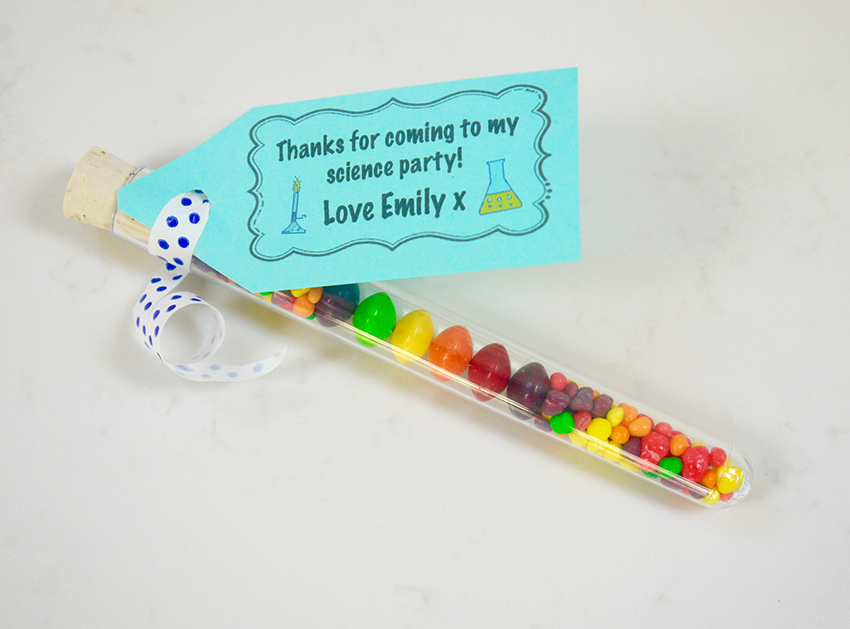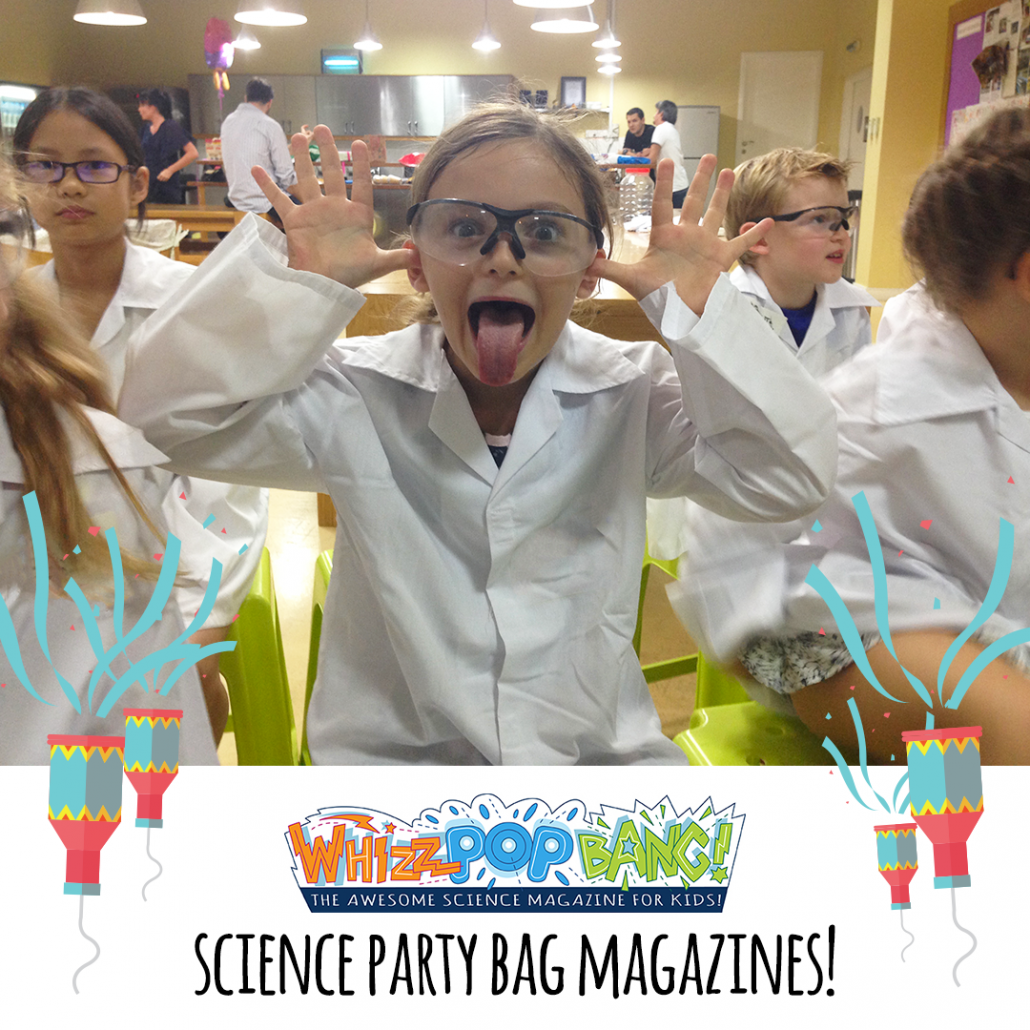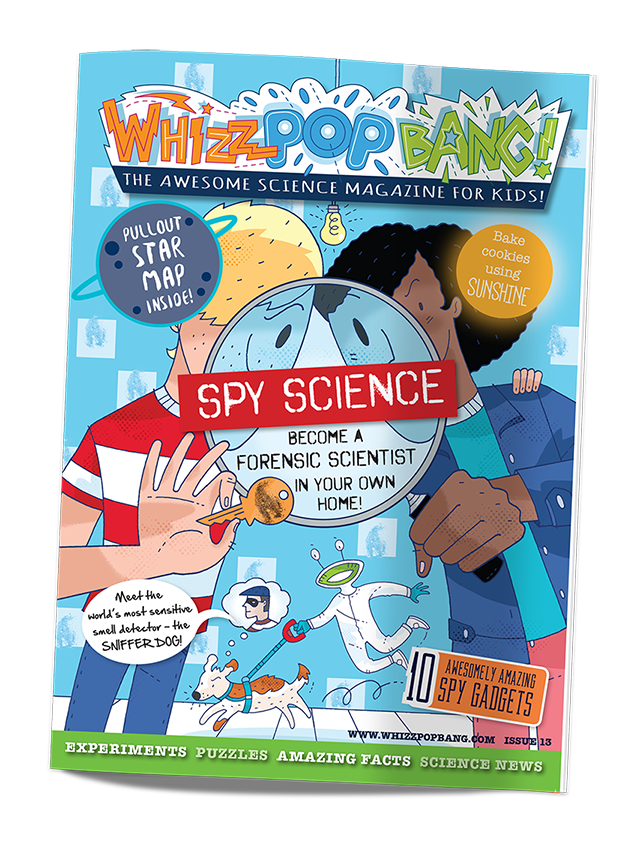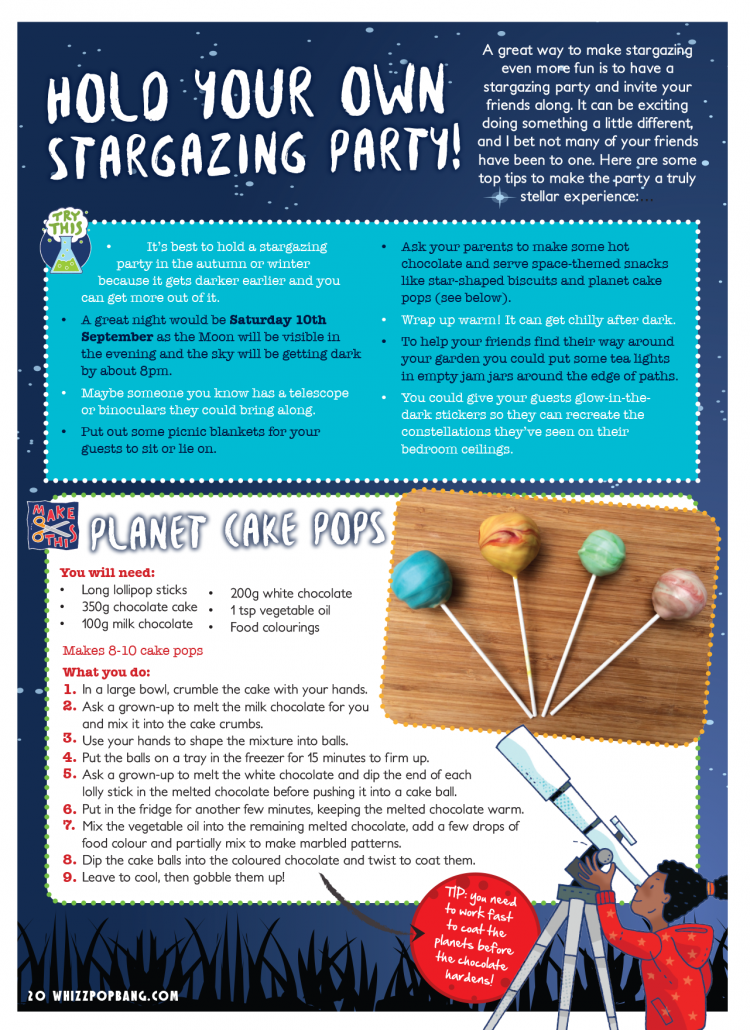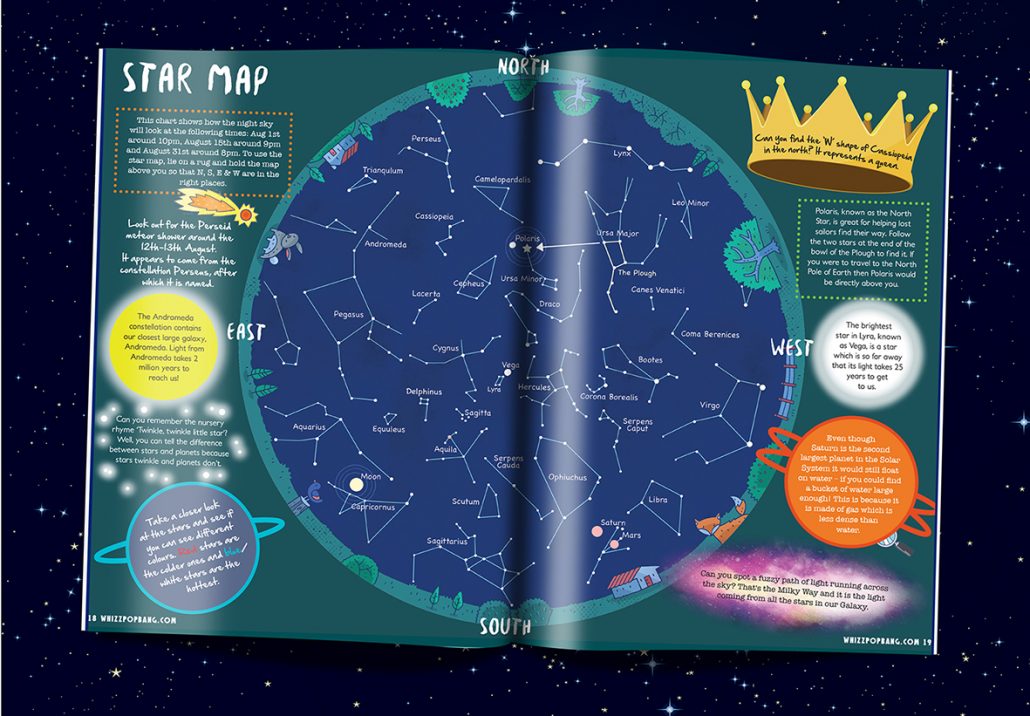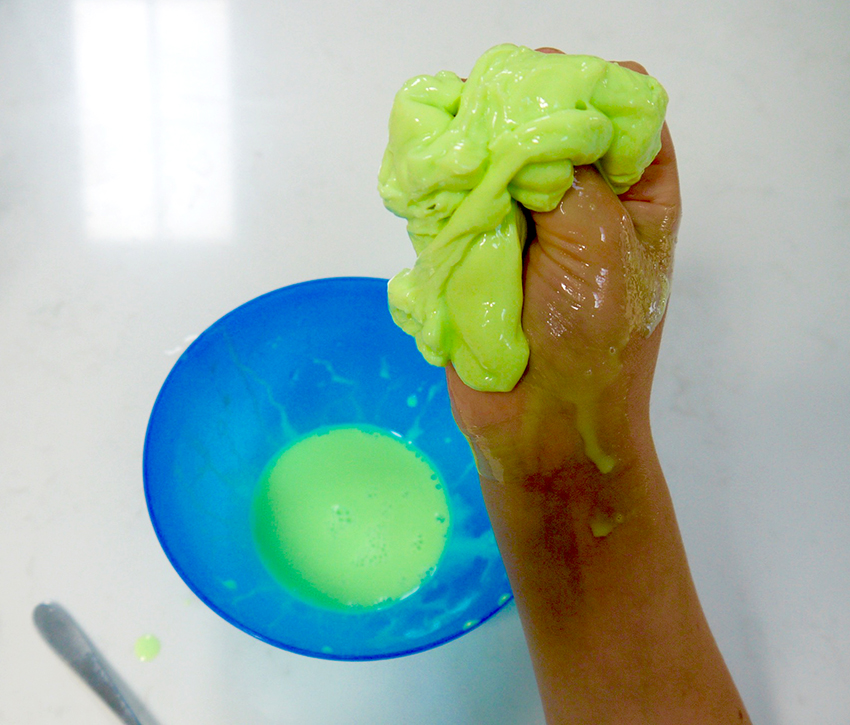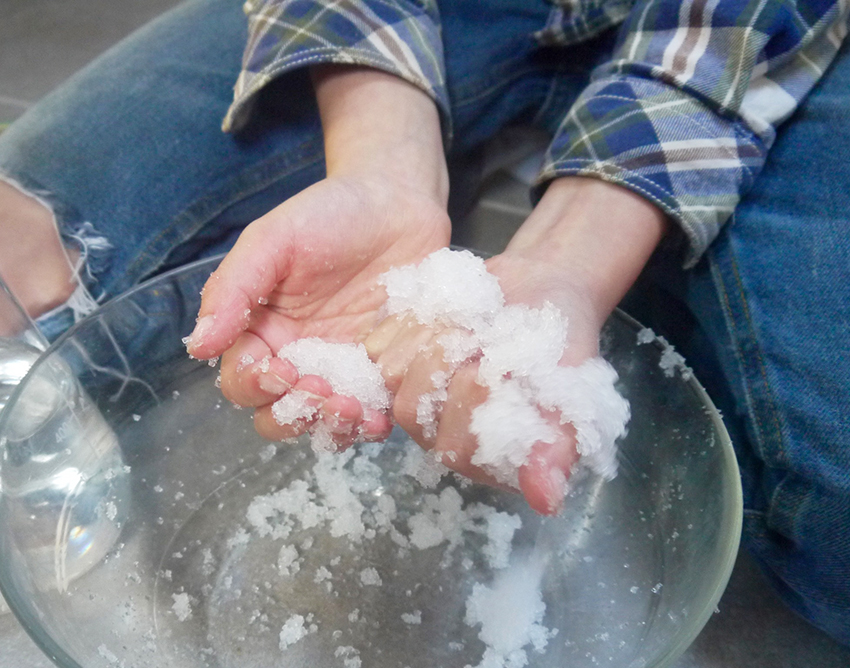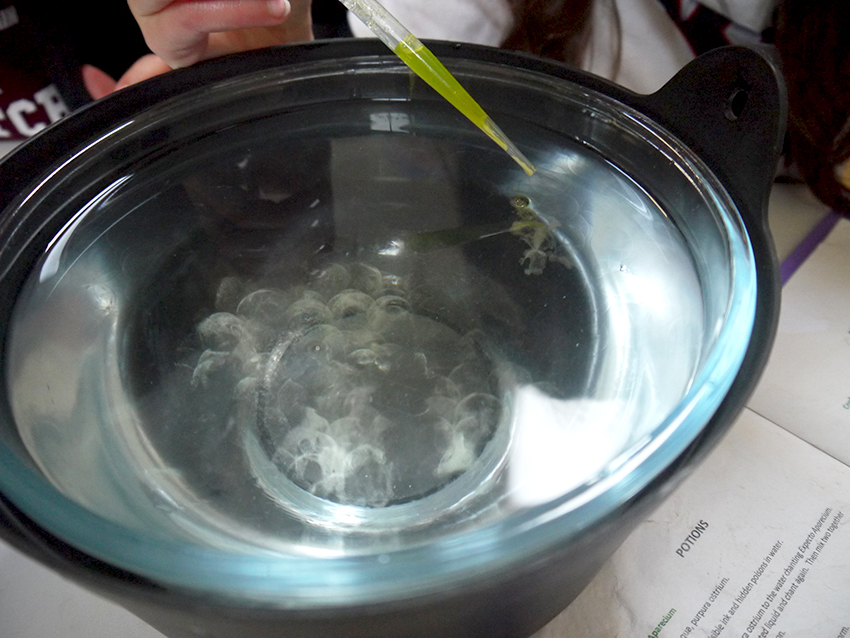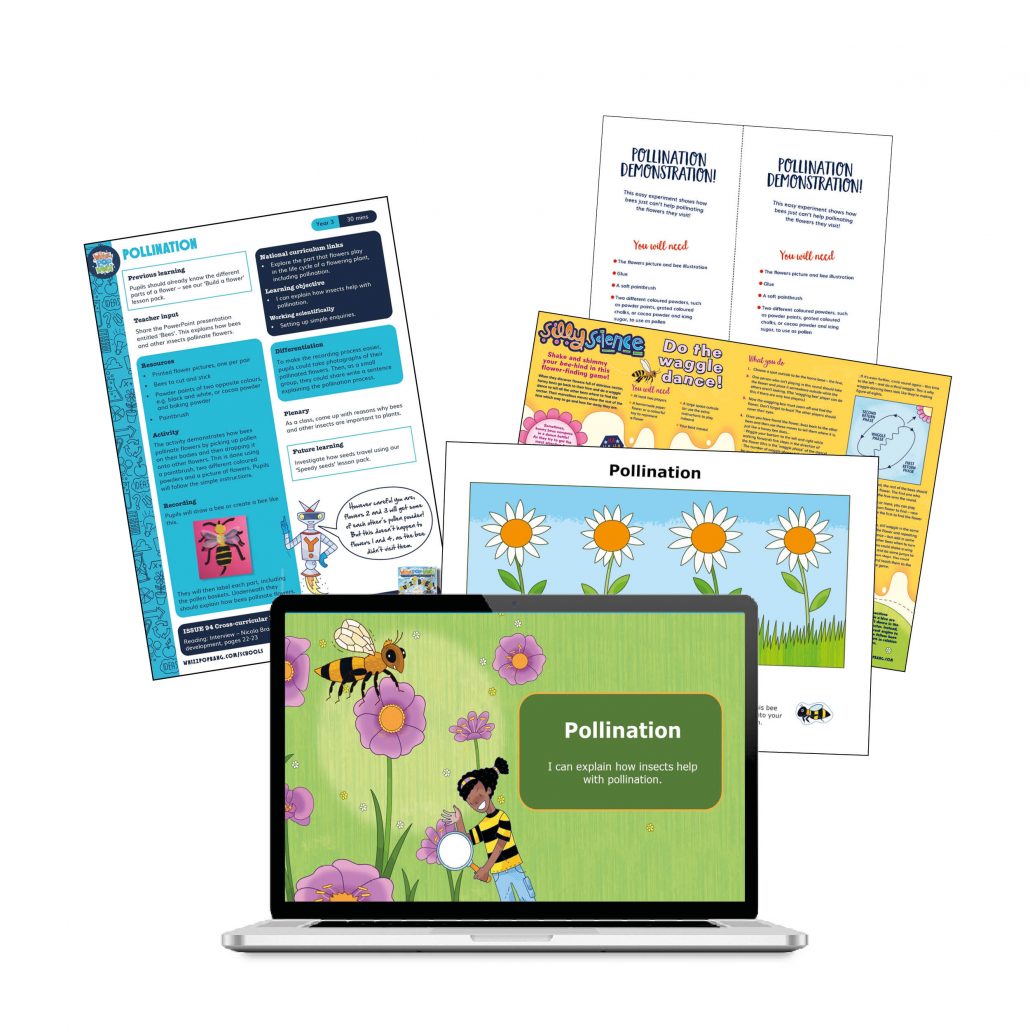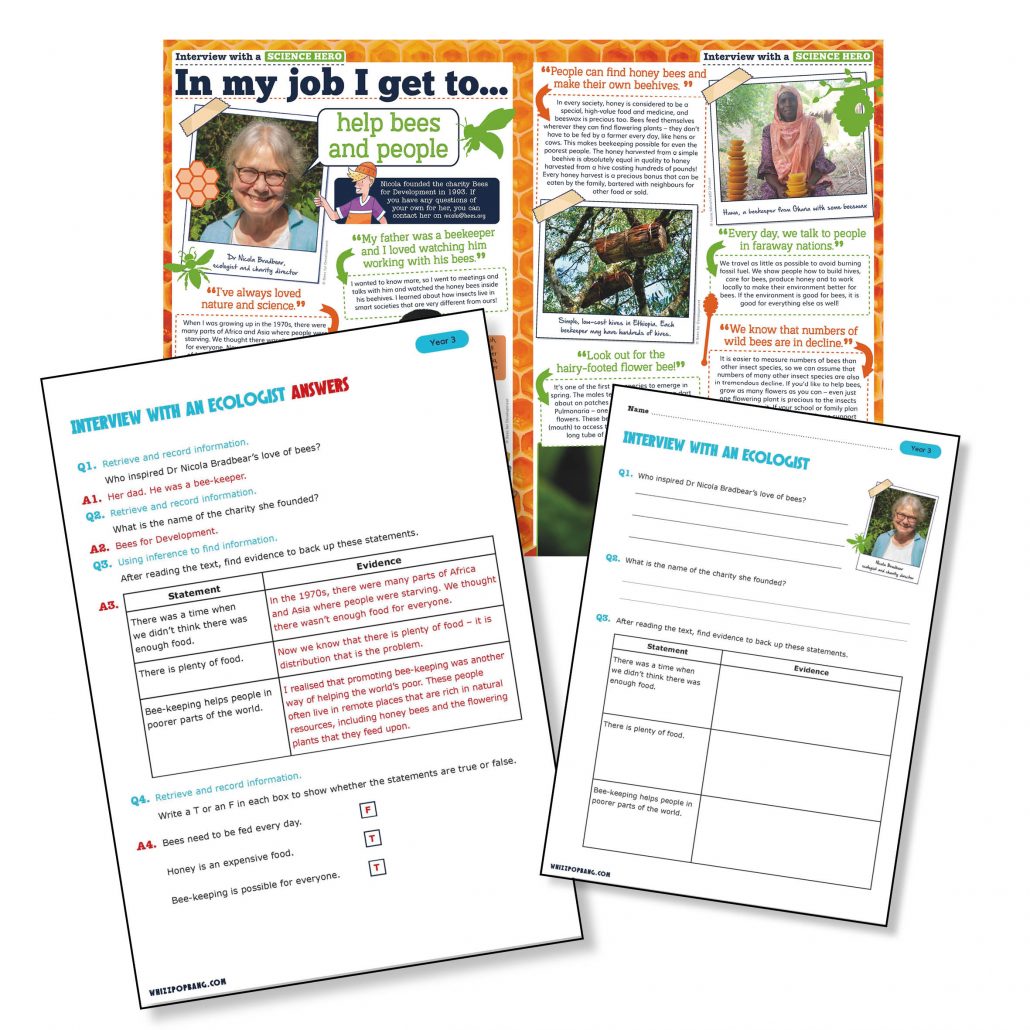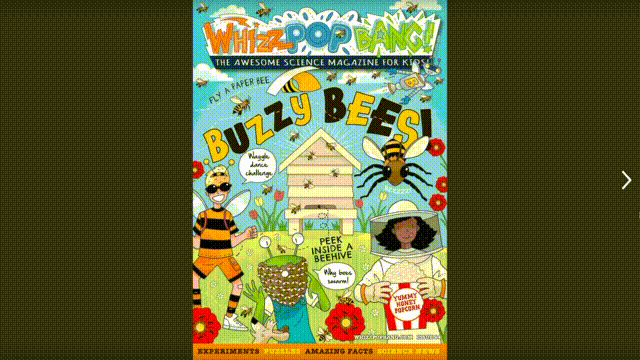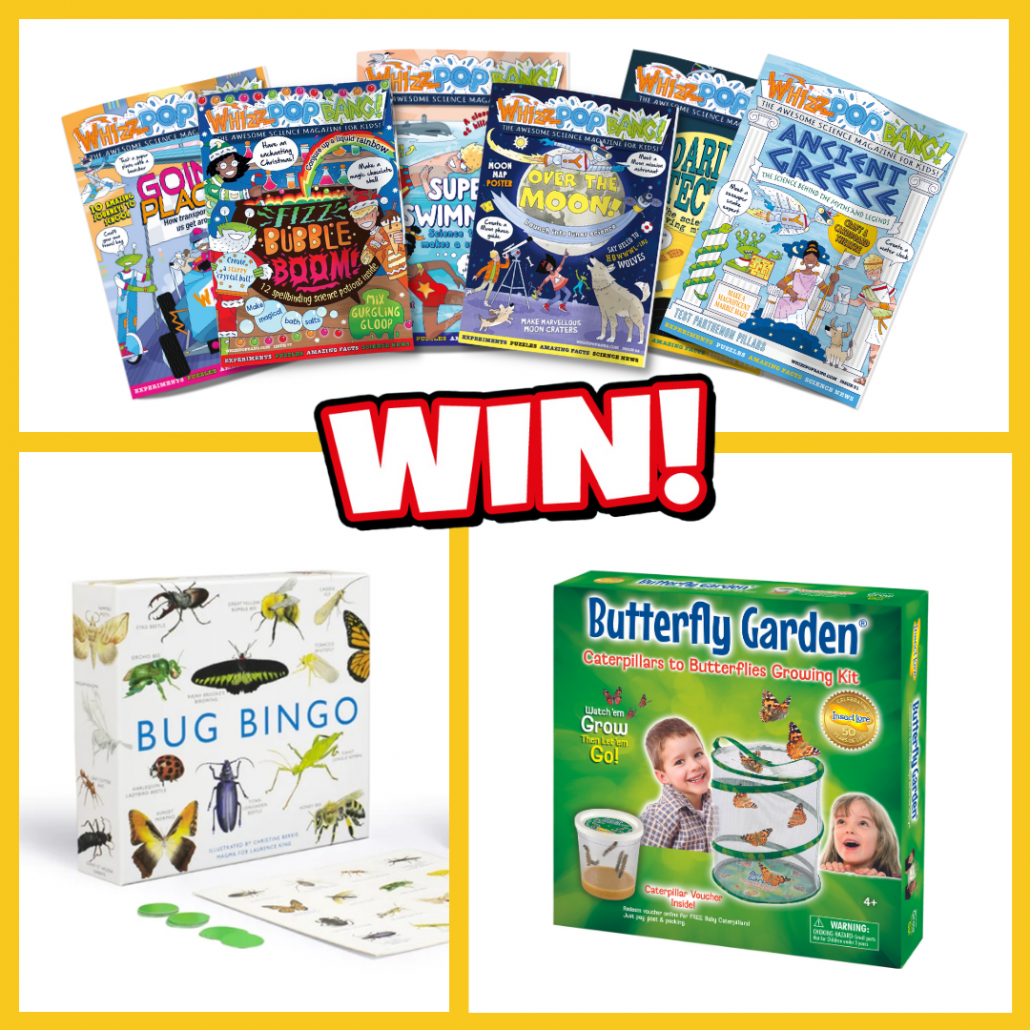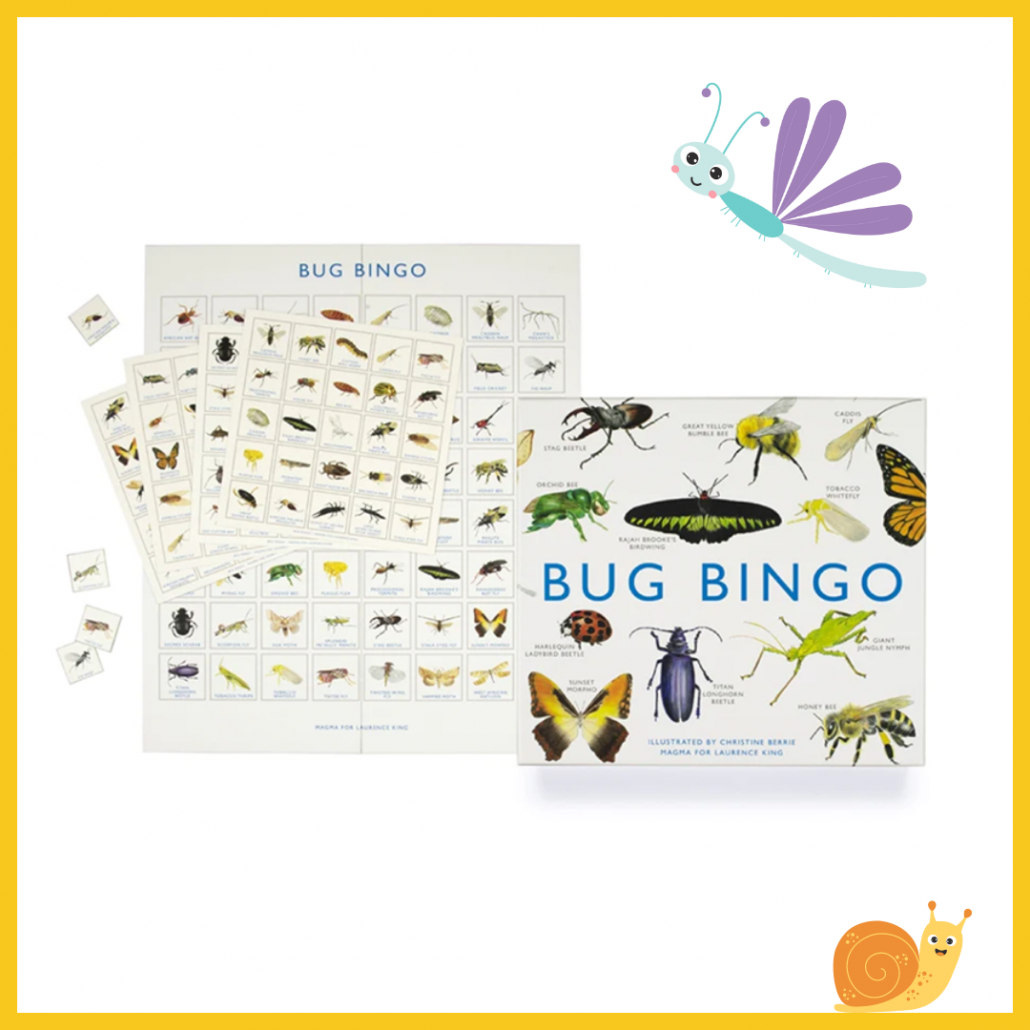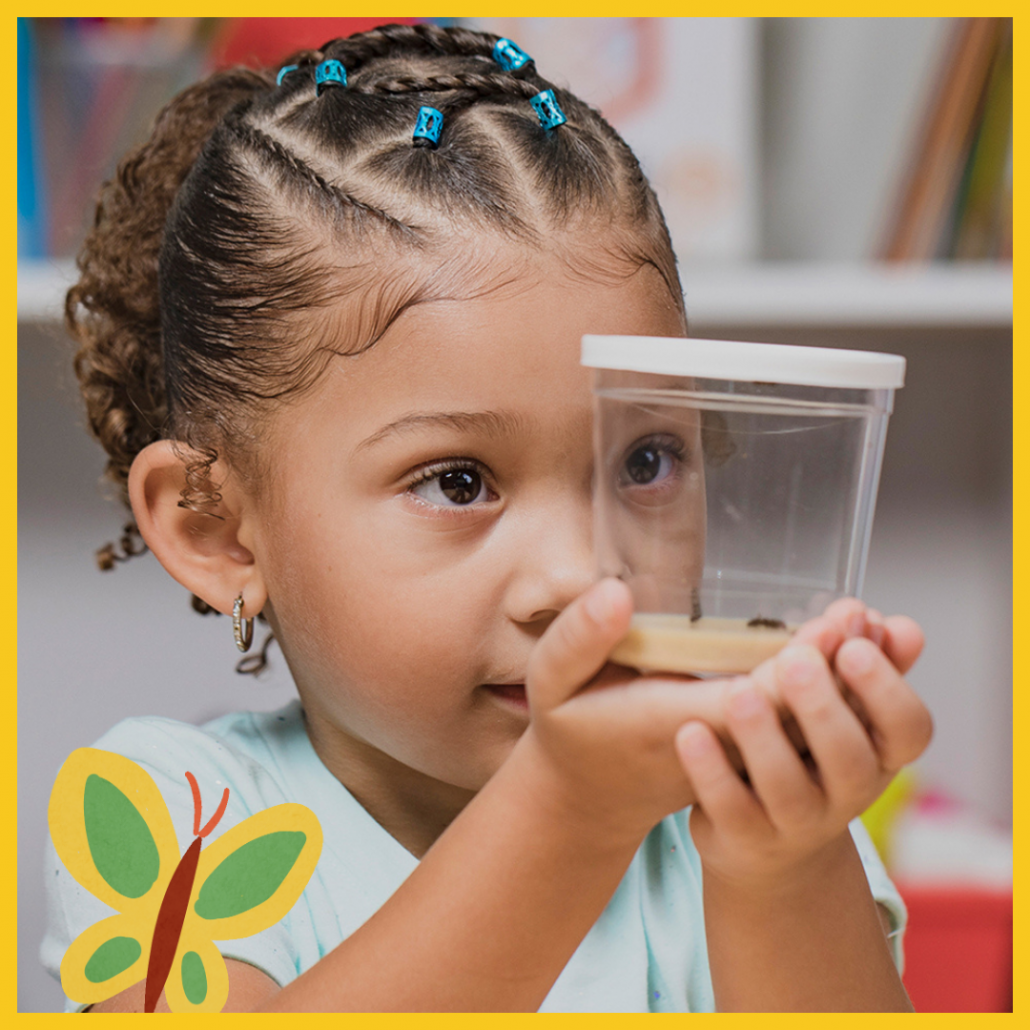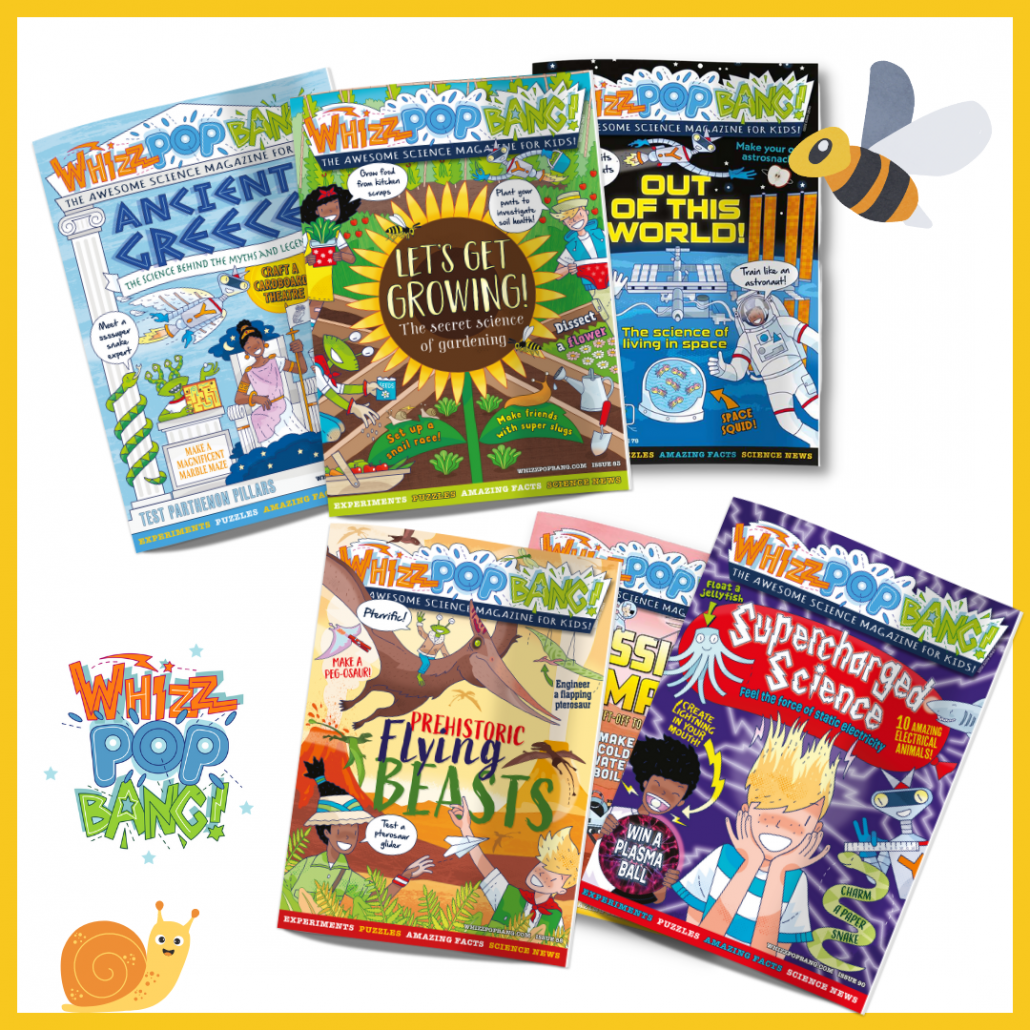The Hidden Science of Mummies and Pyramids
Do you know a mini-scientist who is learning about the ancient Egyptians at school? Or are they just fascinated by history and science and want to discover more about this interesting time period?
Inside issue 55, ANCIENT EGYPT, kids will get to unravel the mysteries of mummies, decipher hieroglyphics, and even create their very own mummy! They’ll also explore tomb matching games, make papyrus, play the Pharaohs’ board game, and crack secret codes. It’s a perfect mix of fun and learning that’ll keep them engaged and entertained.
Discover what an Egyptologist does
“DNA is the blueprint for life, so studying ancient Egyptian DNA helps us unlock the secrets of the mummies, such as their family history and the diseases they carried.”
Dr Konstantina Drosou
In each issue, Whizz Pop Bang features a remarkable scientist, and this time we introduce Dr Konstantina Drosou, a Lecturer in Biomedical Egyptology. Dr Drosou sheds light on the significance of studying ancient Egyptian DNA. Dr Drosou’s expertise adds a new dimension to the exploration of ancient Egypt, offering young readers a glimpse into the fascinating world of scientific research and discovery.
Did the Ancient Egyptians invent the toothbrush?
In addition to the ancient Egypt activities, Issue 55 delves into the intriguing history of the toothbrush. Children will learn about the evolution of dental hygiene and the inventors who paved the way for modern oral care. Find out how the ancient Egyptians’ chewing sticks and toothpicks turned into today’s toothbrushes.
For Parents: Extra-Curricular Reading and Learning Support
If your child is fascinated by ancient Egypt, or they are covering this topic at school and need some extra support, this magazine will provide valuable educational content. The activities, experiments, and historical information will deepen their understanding of this ancient civilization. By engaging in hands-on projects, children will gain a more comprehensive knowledge of the ancient Egyptians. Whizz Pop Bang’s ANCIENT EGYPT Magazine is an excellent supplement to their primary education, offering a fun and interactive way to explore this captivating subject.
For Teachers: Enhancing Ancient Egypt Education in Primary Schools
As a teacher, you strive to make learning exciting and memorable for your students. Whizz Pop Bang’s ANCIENT EGYPT Magazine can be a valuable resource to enhance your ancient Egypt curriculum. The magazine’s activities and experiments align with the national curriculum, providing an engaging supplement to your lessons. If you are have a subscription to our ever-growing library of teaching resources, you can even incorporate the magazine’s content into your teaching plans. Use the downloadable lesson plan and PowerPoint presentation provided and create interactive and engaging classroom experiences. These resources enable you to bring ancient Egypt to life and ensure that your students not only gain knowledge but also enjoy the learning process.
Supporting Your Home Education Journey
For families who home educate, Whizz Pop Bang’s ANCIENT EGYPT Magazine will come in really handy to help your children. Designed to be educational and engaging, it allows parents to create a well-rounded curriculum for their children. With its hands-on activities and experiments, the magazine caters to different learning styles, making it ideal for homeschooling environments. By incorporating the magazine into your home educating, you can provide your child with a comprehensive understanding of ancient Egypt while fostering their curiosity and love for learning.
Whizz Pop Bang is committed to making learning fun and accessible. By creating engaging content that aligns with the national curriculum, we support both parents and teachers in their quest to provide children with a well-rounded education. Whether your child is exploring ancient Egypt for their own interest or you’re seeking innovative ways to teach the topic in the classroom or at home, our ANCIENT EGYPT Magazine, Issue 55 is an excellent educational resource.
Unleash the wonders of ancient Egypt and watch your child’s love for learning flourish. Spark curiosity, foster exploration, and make learning about ancient Egypt an exciting adventure with Whizz Pop Bang.
Have you got a copy of the magazine? If you do, here’s a helpful kit list of items you’ll need to be ready for the activities featured in this issue. Don’t worry there’s still loads of science fun to be have even if you don’t have every single item on the list!




